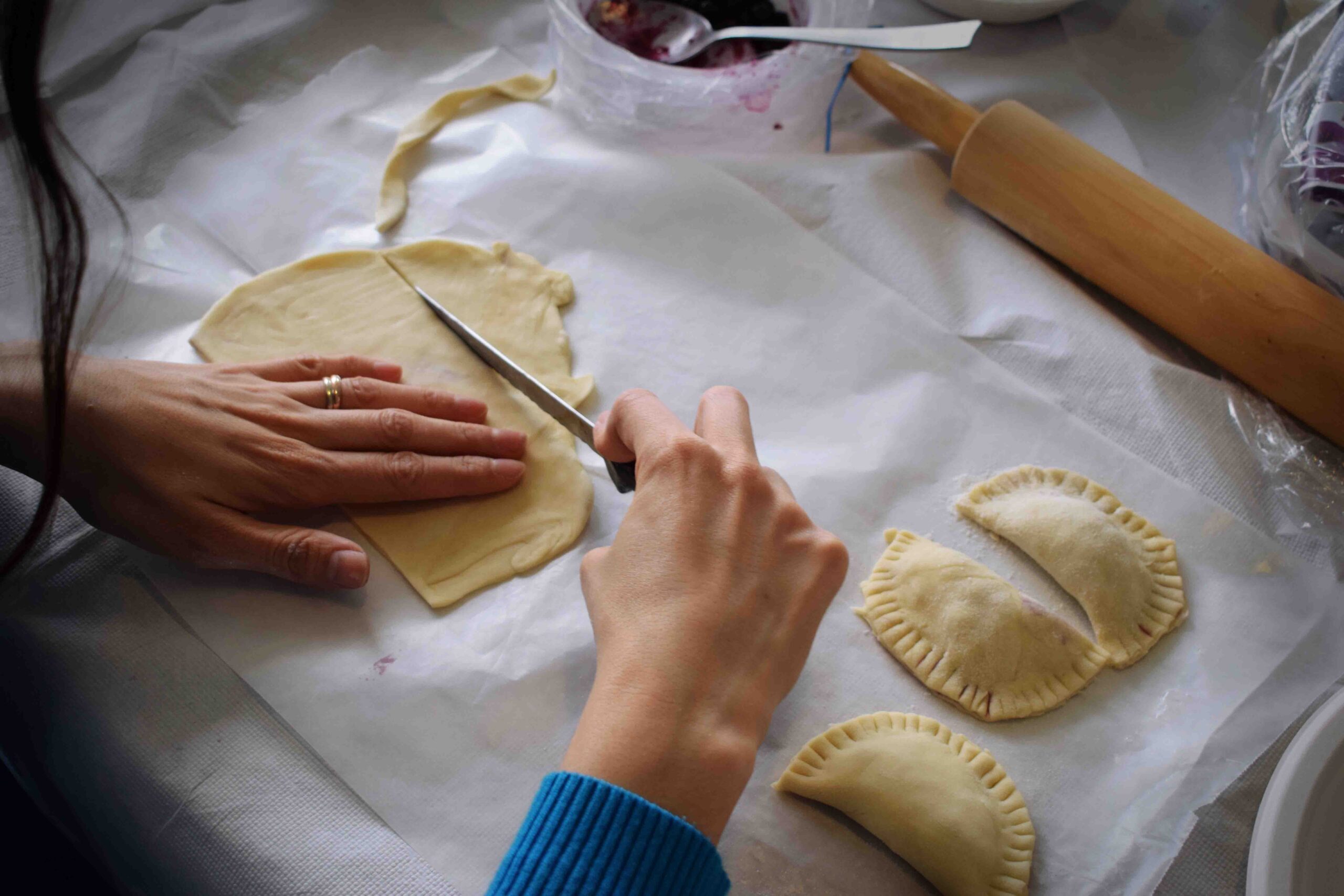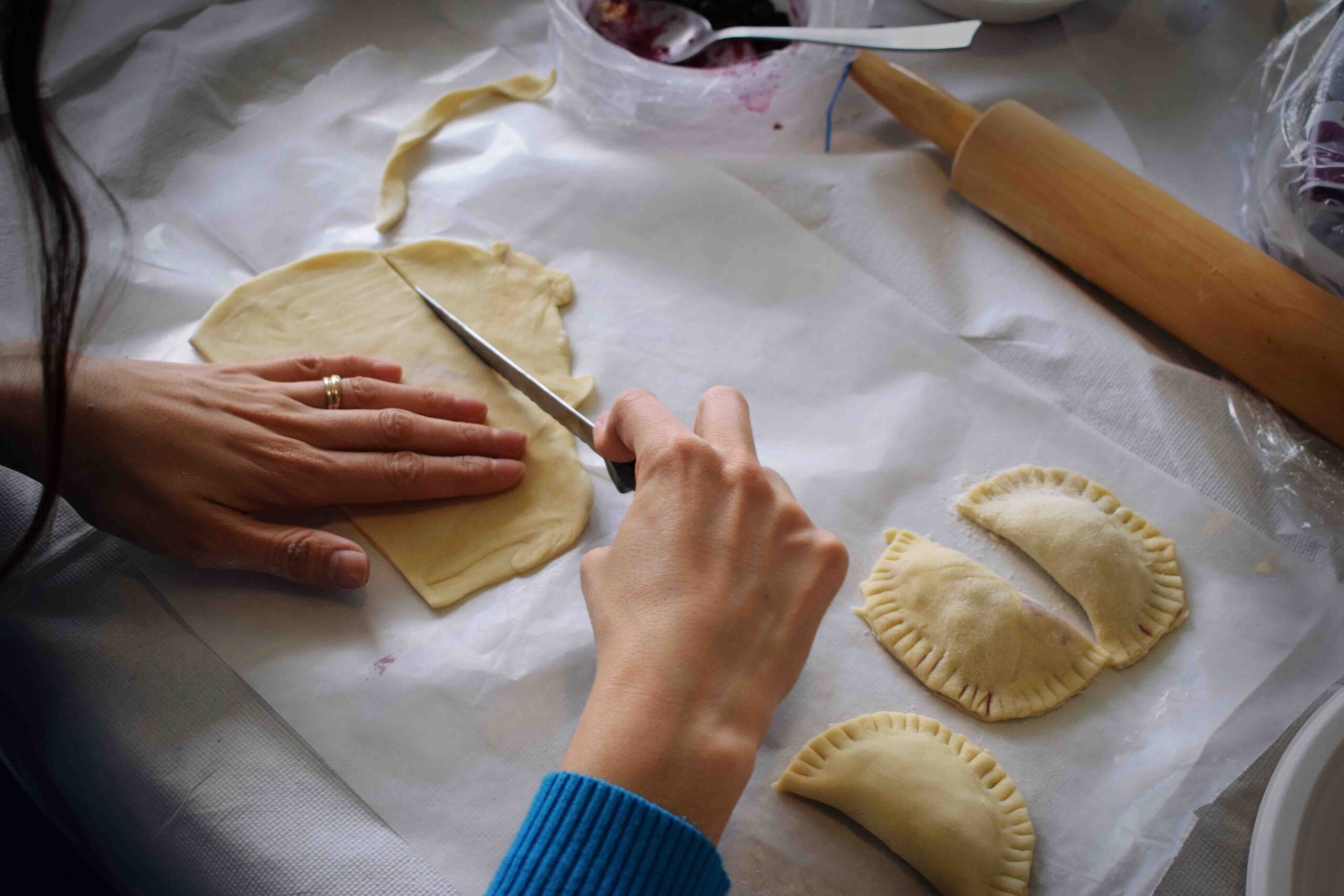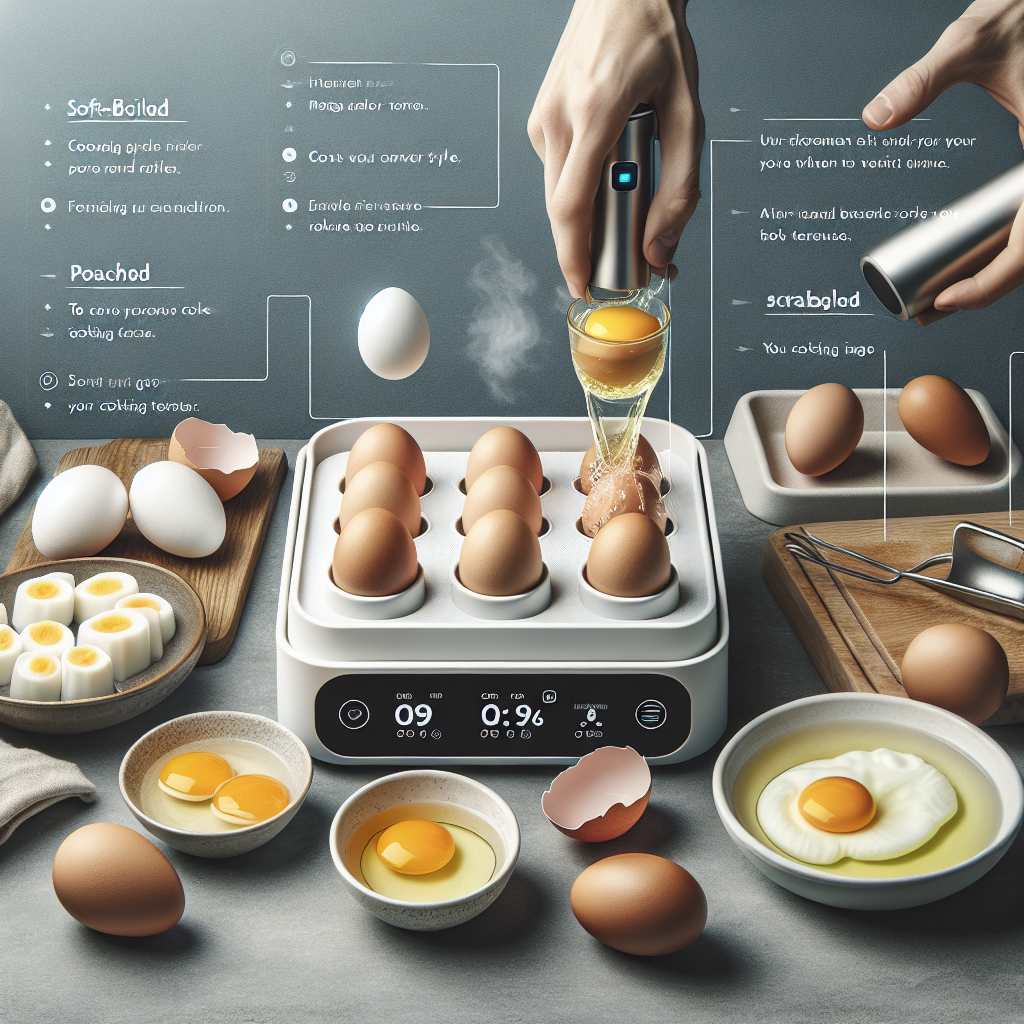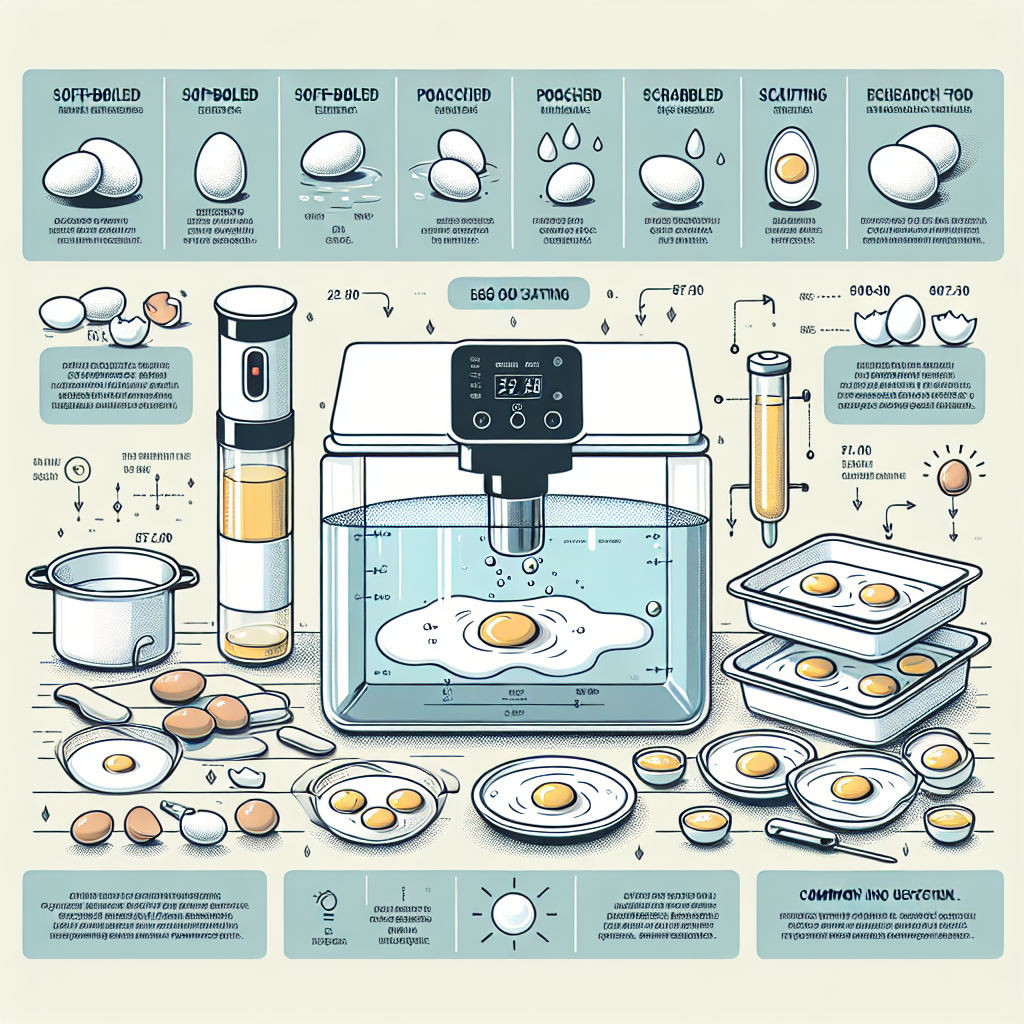
Imagine waking up to a perfectly cooked egg every morning, with a velvety texture and an irresistibly soft yolk that oozes out with each bite. It’s no wonder that sous vide cooking has become a popular technique for achieving ultimate egg perfection. But can you really sous vide eggs at home? The answer is yes! Sous vide eggs are not only possible, but they also offer a level of precision and consistency that traditional methods simply can’t match. Whether you prefer your eggs soft-boiled, poached, or even scrambled, using the sous vide method will guarantee flawless results every time.
What is Sous Vide Cooking?
Sous vide cooking is a method of cooking that involves placing food in a sealed bag and cooking it in a water bath at a precisely controlled temperature. The term “sous vide” is French for “under vacuum,” which refers to the vacuum-sealed bags often used in this cooking technique. This method allows for precise temperature control, ensuring consistent and even cooking throughout the food. Sous vide cooking has gained popularity among professional chefs and home cooks alike, as it offers a wide range of benefits and allows for the creation of delicious and perfectly cooked dishes.
Benefits of Sous Vide Cooking
Precise temperature control
One of the main advantages of sous vide cooking is the precise temperature control it offers. By cooking the food at a specific temperature for an extended period, you can achieve precise and consistent results every time. This level of control allows for perfectly cooked meats, tender vegetables, and flavorful sauces that retain their texture and taste.
Consistent and even cooking
Sous vide cooking ensures consistent and even cooking throughout the food. Since the food is cooked in a water bath, the heat is evenly distributed, eliminating the risk of overcooking or undercooking certain areas. This means that your eggs will be perfectly cooked from edge to edge, with no runny or overcooked parts.
Enhanced flavors and textures
Cooking food sous vide can result in enhanced flavors and textures. The gentle and low-temperature cooking process allows the flavors to develop and intensify, while also retaining the natural juices and moisture of the food. This leads to tender and succulent eggs that are bursting with flavor.
Minimal loss of nutrients
One of the benefits of sous vide cooking is that it minimizes the loss of nutrients in the food. The sealed bag prevents the loss of water-soluble vitamins and minerals, ensuring that your eggs retain their nutritional value. This makes sous vide cooking a great option for those looking to incorporate healthy and nutrient-rich foods into their diet.
Convenience and ease of use
Sous vide cooking is not only a precise and effective cooking method but also offers convenience and ease of use. Once you have set the desired temperature, you can simply place the sealed bag of eggs in the water bath and let the sous vide machine do its work. This allows you to have more time for other tasks while still achieving perfectly cooked eggs.
Sous Vide Eggs: What to Know
Is sous vide eggs possible?
Yes, sous vide eggs are not only possible but are also a popular choice among food enthusiasts. The precise temperature control of sous vide cooking allows for consistent and reliable results when it comes to cooking eggs. Whether you prefer soft-boiled, poached, scrambled, or custard-style eggs, sous vide cooking can help you achieve the perfect texture every time.
Advantages of sous vide eggs
Sous vide cooking offers several advantages when it comes to cooking eggs. Due to the precise temperature control, sous vide eggs are cooked evenly from edge to edge, resulting in a creamy and velvety texture. Additionally, the low temperature cooks the eggs gently, ensuring that they remain tender and delicate. Sous vide eggs are also less likely to suffer from overcooking or undercooking, making them a foolproof option for consistently delicious eggs.
Potential challenges of sous vide eggs
While sous vide eggs offer many advantages, there are a few potential challenges to keep in mind. The most notable challenge is the need for precise time and temperature control. Overcooking or undercooking the eggs by a few degrees or minutes can make a significant difference in the final texture. Additionally, since sous vide eggs are cooked in a sealed bag, they may lack the crispy exterior that some people prefer in certain egg preparations, such as fried or hard-boiled eggs.
Choosing Eggs for Sous Vide
Freshness of eggs
When it comes to choosing eggs for sous vide cooking, freshness is key. Fresh eggs not only have a better flavor but also tend to hold their shape better during the cooking process. It is recommended to use eggs that are no more than two weeks old to ensure the best results.
Shell thickness
The thickness of the eggshell can also impact the cooking process. Eggs with thinner shells are more likely to crack during cooking, which can lead to water seeping into the egg. Therefore, it is best to choose eggs with a relatively thick and sturdy shell to prevent any leaking or bursting.
Egg size
The size of the eggs can affect the cooking time and the desired final doneness. Smaller eggs will require less time in the water bath, while larger eggs may need a slightly longer cooking time. It is important to adjust the cooking time accordingly based on the size of the eggs you are using.
Pasteurized eggs
For those concerned about the safety of consuming eggs that are cooked sous vide to less than fully cooked temperatures, pasteurized eggs are a great option. These eggs have been heat-treated to kill any potential bacteria, making them safer to consume. Pasteurized eggs can be used in sous vide cooking without the risk of foodborne illnesses.

Preparing Eggs for Sous Vide
Cracking the eggs
When preparing eggs for sous vide cooking, it is important to crack the eggs carefully to avoid any shell fragments or unwanted liquid from entering the cooking bag. Crack the eggs into a separate container first and inspect them for any shell pieces before transferring them to the cooking bag.
Seasoning and flavoring
Sous vide eggs can be seasoned and flavored according to your preferences. Before sealing the bag, you can add salt, pepper, herbs, spices, or any other flavorings you desire. The low and slow cooking process of sous vide cooking allows the flavors to infuse into the eggs, resulting in a delicious and well-seasoned final product.
Container and bag selection
To cook eggs sous vide, you will need a heat-resistant container and a vacuum-sealed bag or sous vide bag. The container should be large enough to hold the eggs and allow for even circulation of water around them. The bag should be able to withstand the cooking temperature without melting or releasing harmful chemicals. There are specific sous vide bags available, or you can use zip-top bags that are labeled safe for sous vide cooking.
Sous Vide Egg Recipes
Soft-boiled eggs
To prepare soft-boiled eggs sous vide, set the cooking temperature to 145°F (63°C) and cook the eggs for 1 hour. This will result in a perfectly runny yolk and a set but tender egg white.
Poached eggs
For poached eggs, set the temperature to 167°F (75°C) and cook the eggs for 45 minutes. This will give you a firm but creamy yolk with a set egg white.
Scrambled eggs
To make scrambled eggs sous vide, whisk the eggs with desired seasonings or additions, and cook them at 167°F (75°C) for 15-20 minutes. This will result in creamy and velvety scrambled eggs.
Custard-style eggs
Custard-style eggs are cooked at a lower temperature for a longer period to achieve a silky and custard-like texture. Set the temperature to 167°F (75°C) and cook the eggs for 1 to 2 hours, depending on desired firmness.

Cooking Times and Temperatures for Sous Vide Eggs
Soft-boiled eggs
- Temperature: 145°F (63°C)
- Cooking time: 1 hour
Poached eggs
- Temperature: 167°F (75°C)
- Cooking time: 45 minutes
Scrambled eggs
- Temperature: 167°F (75°C)
- Cooking time: 15-20 minutes
Custard-style eggs
- Temperature: 167°F (75°C)
- Cooking time: 1 to 2 hours
Safety Considerations
Egg pasteurization
While sous vide cooking offers many advantages, it is important to consider safety when cooking eggs. Cooking eggs sous vide at lower temperatures may not fully pasteurize them, which could pose a risk of foodborne illnesses. To ensure safety, it is recommended to use pasteurized eggs or bring the eggs to a higher temperature after cooking if you prefer them fully cooked.
Proper storage and handling
When working with eggs, it is crucial to practice proper storage and handling to prevent any contamination. Store eggs in the refrigerator at all times and use them before the expiration date. Wash your hands thoroughly before and after handling eggs to avoid any potential cross-contamination.
Avoiding cross-contamination
To avoid cross-contamination, it is important to clean and sanitize all equipment and surfaces that come into contact with raw eggs. Separate raw eggs from other foods, especially those that will be consumed without further cooking. Properly wash and sanitize all utensils, containers, and surfaces after handling raw eggs.

Tips and Techniques
Preventing floating eggs
Sometimes, eggs may float in the water bath when cooking sous vide. This can be caused by air trapped in the eggshell. To prevent floating eggs, you can use sous vide weights or simply detach the whites from the shell by briefly whisking the eggs before cooking.
Creating culinary presentations
Sous vide eggs can be used to create stunning culinary presentations. You can shape the eggs into different forms using molds or rings before cooking. This allows you to achieve aesthetic and visually appealing presentations that will impress your guests.
Finishing the eggs
After cooking sous vide, you can finish the eggs by giving them a quick sear, using a blowtorch, or placing them in a hot skillet with a little butter. This will add a crispy or caramelized exterior to the eggs, enhancing both the flavor and texture.
Conclusion
Sous vide cooking offers a precise and effective method for cooking eggs to perfection. With its precise temperature control, sous vide cooking ensures consistent and even cooking, enhanced flavors and textures, minimal loss of nutrients, and convenience. By following the recommended cooking times and temperatures, as well as practicing proper safety and handling procedures, you can enjoy delicious sous vide eggs in a variety of preparations. Experiment with different recipes and techniques to discover your favorite sous vide egg dishes and impress your family and friends with your culinary skills.




